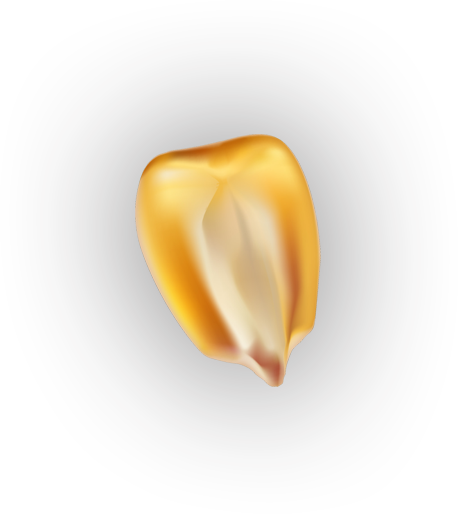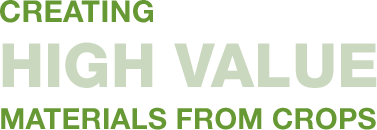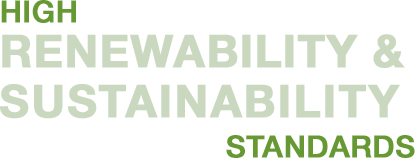The biorefinery is comparable to a living organism with enzymes and nutrients acting on corn mash throughout the production process. The process breaks down corn kernels into their constituent parts, namely starch, protein, oils and fiber. These elements have the potential to create energy, nutrition, health and biochemical products.
New starch and fibre based bioproducts are currently in trial production at the refinery. These have exciting development potential for applications in high value-added areas.
Starch is first converted to simpler sugar in the liquefaction system, then the age-old processes of fermentation converts the sugar to alcohol to form a beer with almost 15% ethanol. This 15% alcohol is in turn distilled into 95% pure alcohol in the distillery section of the plant. Dehydration is then used to produce >500 million litres of 99.8% pure bioethanol annually.
Removing the starch element dramatically enhances the nutrient value of the corn. Entering the process, each kernel contains 70% starch, 9% protein, 4% fat and 10% fibre.
At the end, nutrients in the DDGS are 35% protein, 9% fat and 4% fibre, while the starch element has been reduced to just 3%.
The plant produces hundreds of thousands of tons per annum of protein-rich animal feed as DDGS, branded Pannonia Gold. Further development of the biorefinery is extending the range of protein products for human and animal nutritional use with potential in areas such as fish foods and amino acids.
The oils in the corn are also used to produce liquid animal feed. The refinery produces >10,000 tons of Distillers Corn Oil each year.
The hard fiber element of the corn is being used to develop renewable biochemical products in combination with other elements of the corn. These include oligosaccharide prebiotics (supporting colon bacteria growth); cellulose (plant fiber) and xylitol (a sugar alcohol).
To download our product brochures, click here.





